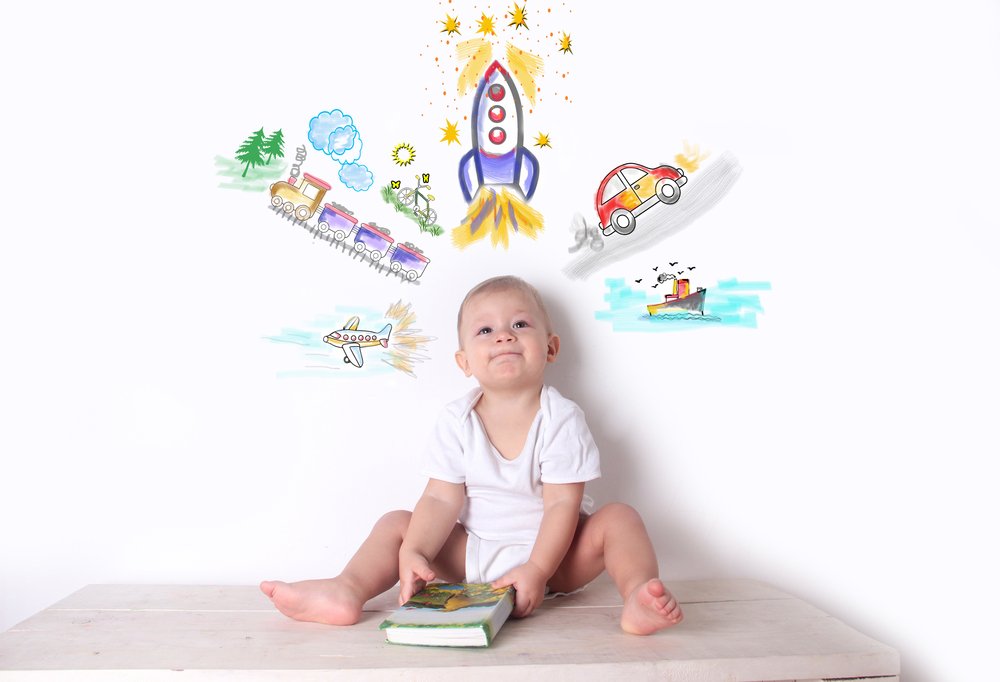Key points:
- Babies develop advanced theories and knowledge from a very young age.
- They construct theories about objects, numbers, living things, the mind, and relations.
- These theories play a crucial role in their daily lives and future learning.
- Don’t underestimate your baby’s cognitive abilities and explore their world with them.
You’re probably aware by now, but your little one’s brain is developing at such a rapid speed that he can come up with theories and explanatory systems that we consider are way beyond his age’s capacity. From very early on, your baby is competent, active, and insightful. Different studies suggest that babies are not simply “passive” observers, but are rather building a collection of theories and knowledge that helps them navigate and understand the world around them.
Some of the explanatory theories that babies begin to construct from a very early age are:
- Theory of objects – Babies understand the fundamental principles about how objects move in space and time. Every time your baby’s playing with any toy, they are further building on this theory understanding how the object moves and how it can be manipulated.
- Theory of numbers – Babies begin forming two types of numerical systems that serve as the base for future mathematical use. One for small, exact numbers, and the other for larger quantities of numbers.
- Theory of living things – Babies begin to understand the basics of this theory when they are able to distinguish between living and non-living things, or ideas like that a cut will eventually heal.
- Theory of the mind – They have a pretty simple theory that what people are looking at is a sign of what they are paying attention to, that people ultimately act intentionally, and that people have feelings (positive and negative).
- Theory of relation – Through exploratory play, babies learn to recognize casual relations and then use this knowledge to their advantage and to solve problems like how to get a toy to work.
All of these theories are not isolated clusters of knowledge. Each play a role in how a baby lives day to day and how further knowledge will be constructed. As new research emerges, we are finding out exactly how much a baby is able to understand from a very early stage. In the past, cognitive abilities of babies were underestimated, and, because of it people missed a lot of opportunities to further explore and develop these building theories about the world with their children.
Remember to use Kinedu as your go-to guide for fun activities that will further develop your baby’s cognitive and processing skills.








